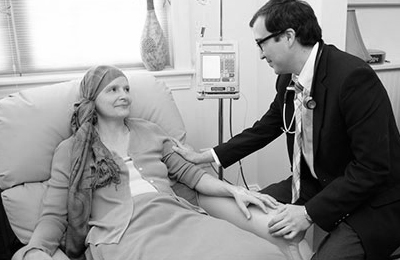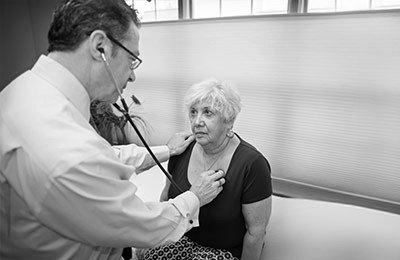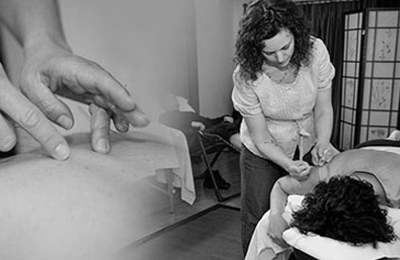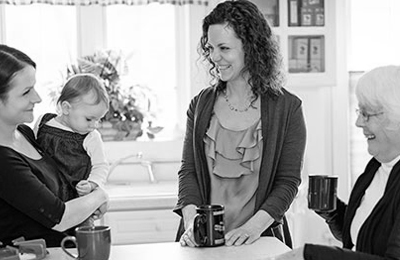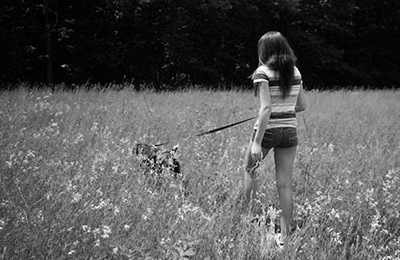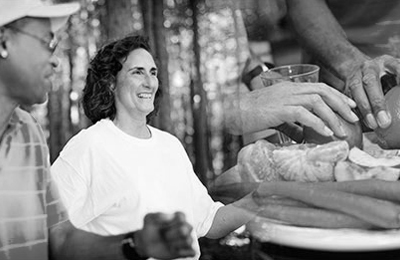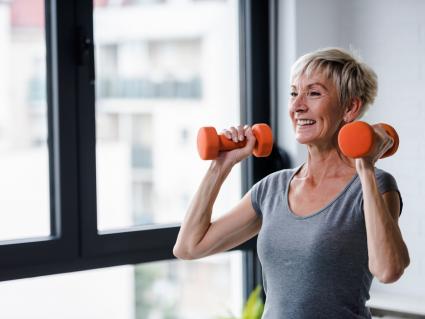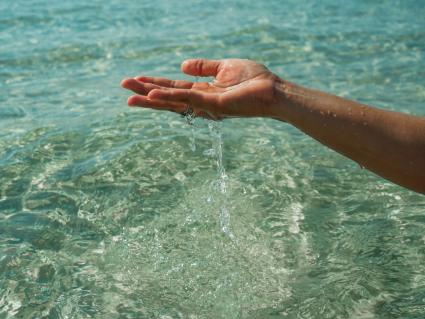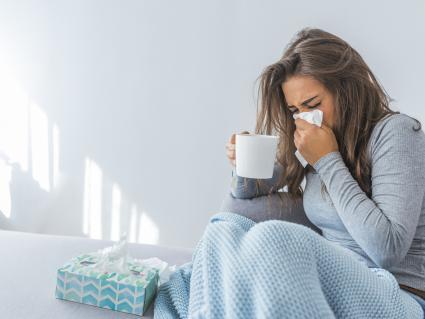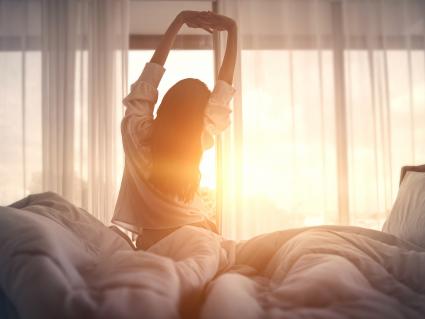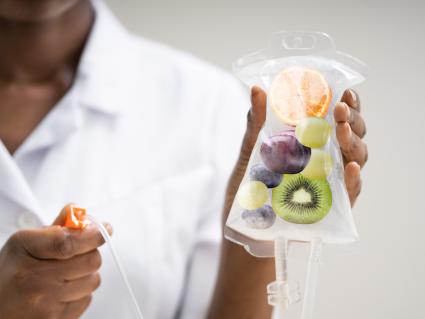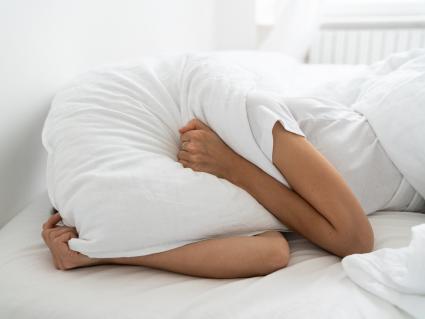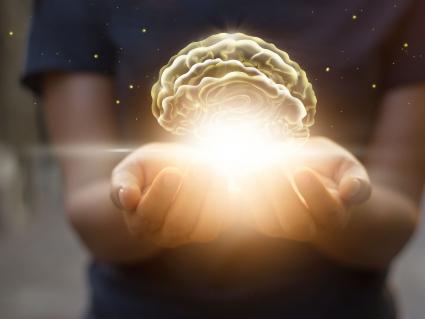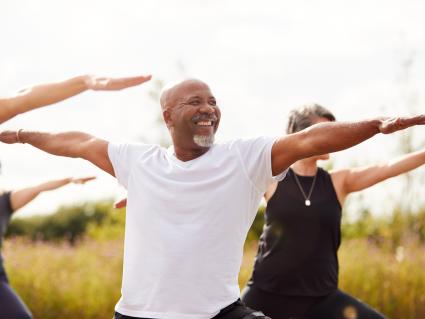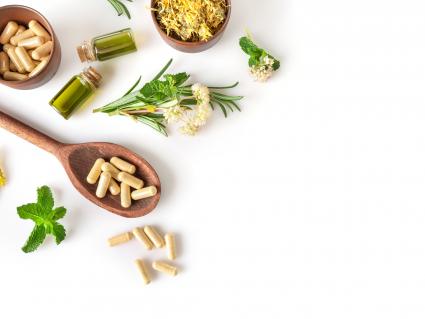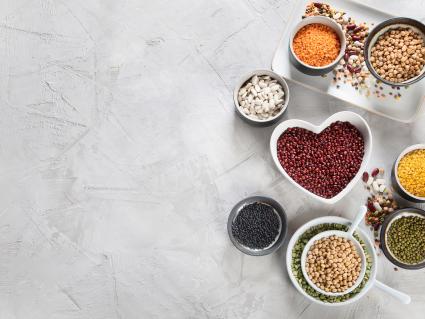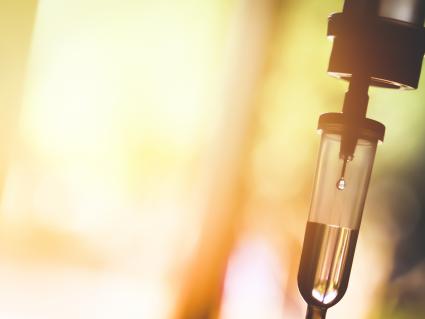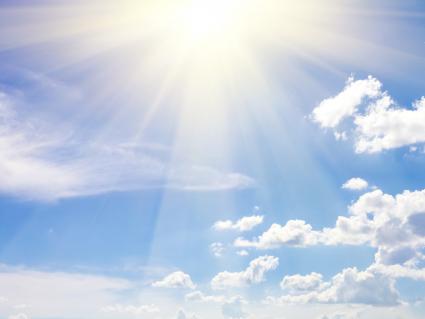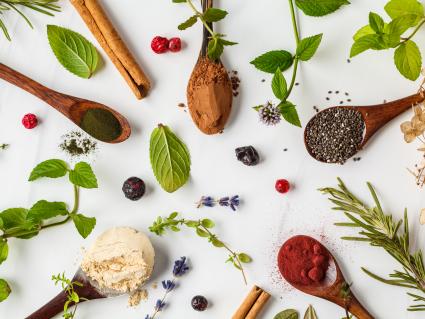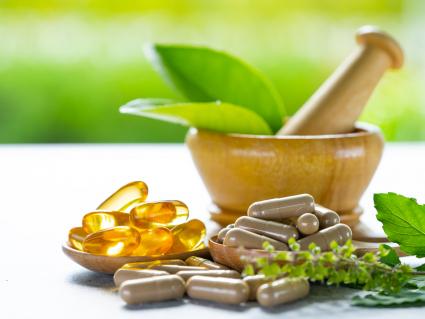Curious About Acupuncture? Here’s What to Expect

If you’re curious about trying acupuncture and have any reservations, rest assured it is a wonderful experience. Usually the first thing people want to know is—does it hurt? For the most part, no it doesn’t, sometimes you barely feel it, and here is what else I tell all new patients... The needles are very fine and thin, like a few strands of hair thick, kind of like a dog’s or cat’s whisker. They are either inserted with a guide tube or ‘free handed’ by the acupuncturist. Because the needles are so thin and the insertion is swift, sometimes you do not feel it at all, or if you do it is just a tiny poke that dissipates. If it stays feeling sharp, tell us, we will adjust or remove it. After that, you may sometimes feel a dull ache or pressure sensation that comes to the needle, then goes away within seconds. This is a good sign, we call this the arrival of the Qi or energy to the point, it is being activated, energy is moving, and if in a sore muscle, those fibers are releasing. Sometimes you can feel a warming, spreading or travelling sensation, but it is not an electric sensation, we know where nerves are and we avoid them, we are not stimulating nerves, we are stimulating designated acupuncture points.
If you’re nervous and/or sensitive, we will be mindful of this and keep points to a minimum and be very gentle. I always tell new patients, there will be no surprises, I’ll tell you what I’m going to do before I do it, and I check in with you along the way. Depending on the area of the body and how thick or thin the skin is, as well as your own sensitivity, the points can feel more or less sensitive. Some points are predictable as far as how they feel for most people, for example I know certain points may elicit a stronger or more subtle sensation. Usually points are only inserted a couple millimeters, but when working on musculoskeletal issues, points can be inserted deeper, for example in the hips.
Once points are in, you’ll either forget that they’re there or just have an awareness that they’re there. Before we leave the room, we’ll make sure you’re comfortable and warm. You’ll rest for anywhere from 15-30 minutes, sometimes there is less resting time on the initial appointment because of the initial intake. As you’re resting, I say the points talk to each other and talk to your body and you may feel different sensations but it is not painful, rather quite relaxing and people often take a nap.
After the treatment is over, needles are removed and discarded. Usually points do not bleed, but every once in a while, one will bleed a tiny bit and we are ready with a cotton ball or Q-tip. When you leave, you may feel energized, or sometimes you’ll feel like taking a nap that day and if you can, please do so, it’s your body integrating the treatment and telling you that you need more rest, either way you will often feel a deeper sense of well-being, calmness, and clarity. People often sleep well the night of a treatment and I’ve even had patients say they wake up more rejuvenated the next day.
As far as what else to expect from your first visit, a full health history will be taken. We will discuss what has brought you in and ask you other questions about your body, your mental and emotional health and your lifestyle. We will feel your pulses on both wrists and look at your tongue as this is part of how we diagnose what is going on and what guides us in choosing which points are best for you. (For more on this see my previous blog post https://stramcenter.com/blog/blog-detail/tongue-and-pulse-reading-according-to-chinese-medicine/) It is best to wear loose comfortable clothing, but we can always drape you if needed.
In addition to acupuncture, adjunctive therapies included in the practice of Chinese medicine are cupping, massage, gua sha, moxibustion, herbs, nutrition and Qigong meditation and your acupuncturist may include any one of more of these in a session or offer you suggestions of things you can do on your own. Acupuncturists undergo a minimum of a 4-year master’s degree program at nationally certified schools, and some go on to do a clinical doctorate degree, like my esteemed colleague, Dr. Rebecca Rice. All acupuncturists must pass national exams and meet strict state guidelines in order to practice. So, know that you are in qualified hands.
Treatment frequency and number of sessions needed depends on the severity and duration of the issue and your own body’s general health and strength. Often we recommend an initial series of 6-8 weekly visits. Sometimes immediate relief is felt while some chronic issues can take several months to resolve or improve, but we always want to get you to a place where you can come less frequently for maintenance and tune-ups. Some people just love acupuncture and have been coming regularly for years.
If you’re wondering if acupuncture can help you, it can. Chinese medicine is a comprehensive system of healthcare with a continuous clinical tradition of over 3,000 years used for treatment of disease and preventative care. The National Institute of Health and the World Health Organization recognize long lists of conditions that benefit from Chinese medicine. Pain is what brings most people in, but we treat anything health and medically related, so if you’re looking to integrate your healthcare with a less invasive approach where you get to relax and receive, then give it a try.
If you'd like to learn more about acupuncture and Chinese medicine in a very readable book, I recommend: A Patient’s Guide to Acupuncture – Everything You Need to Know by Sarah Swanberg, MS, L.Ac.
Cheers to your health and happiness in the new year!
About Liza Pollock,, L.Ac, M.Ac.O.M.Related Blog Posts
Acupuncture Benefits During Chemotherapy
A groundbreaking study from 2000, published in the Journal of the American Medical Association found that women undergoing high-dose chemotherapy for breast cancer who were getting acupuncture had 1/3 the number of emetic episodes (vomiting) compared to women receiving triple anti-emetic drug therapy alone.Read the Post
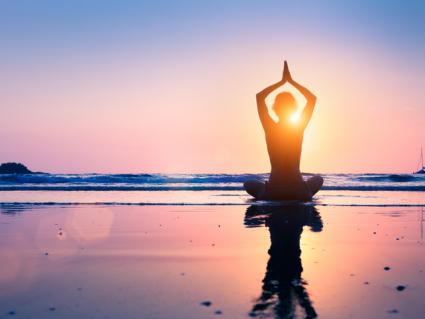
Acupuncture for Relief from Lyme and TBD’s
Using acupuncture for symptom relief from Lyme and other TBD's.Read the Post

Acupuncture for Smoking Cessation
In the 1970's, an acupuncture protocol was developed by a medical doctor, Michael Smith as an alternative to methadone treatment.Read the Post
Acupuncture, Stress and Infertility
Acupuncture has a positive effect on reducing stress in women experiencing infertility One of the reasons people use acupuncture is to help them relax and to reduce stress.Read the Post
Is it Possible to Have Acupuncture Covered by Insurance?
Is it possible to have acupuncture covered by insurance? Yes! In light of the plethora of news about the reformation of health care, where does Chinese medicine stand?Read the Post
Related Services
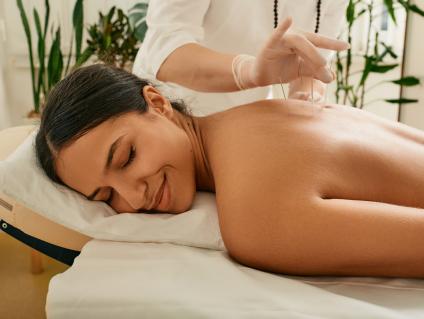
Acupuncture
Did you know that acupuncture has been shown to be more effective than conventional treatment for migraines, back and knee pain? Acupuncture is also the complementary therapy most recommended by medical doctors (M.D.'s), and is covered under more insurance plans than ever before. No other traditional healing method has ever earned as much world-wide success, recognition and support! Acupuncture…Acupuncture
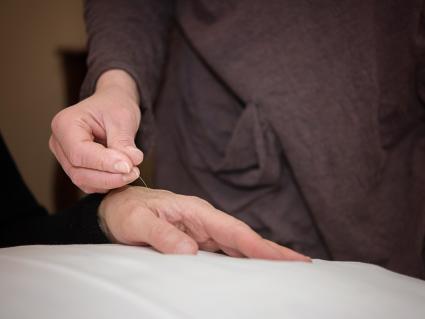
Acupuncture for Cancer Patients
Acupuncture provides a valuable complimentary therapy for the reduction of the symptoms and stresses of the cancer patient. In addition to its well known effectiveness at reducing many pain syndromes, reducing insomnia and anxiety and moderating digestive complaints, a great deal of research illustrates the importance of acupuncture in the holistic approach to cancer management.Acupuncture for Cancer Patients

Acupuncture and Infertility
There are very few health topics and labels that are as emotionally charged, intensely personal and challenging as infertility. Strict medication and assisted reproductive technique schedules alone can be very stressful. When added on to the expectations and possible fears of living with fertility challenges, they can prove overwhelming.Acupuncture and Infertility

